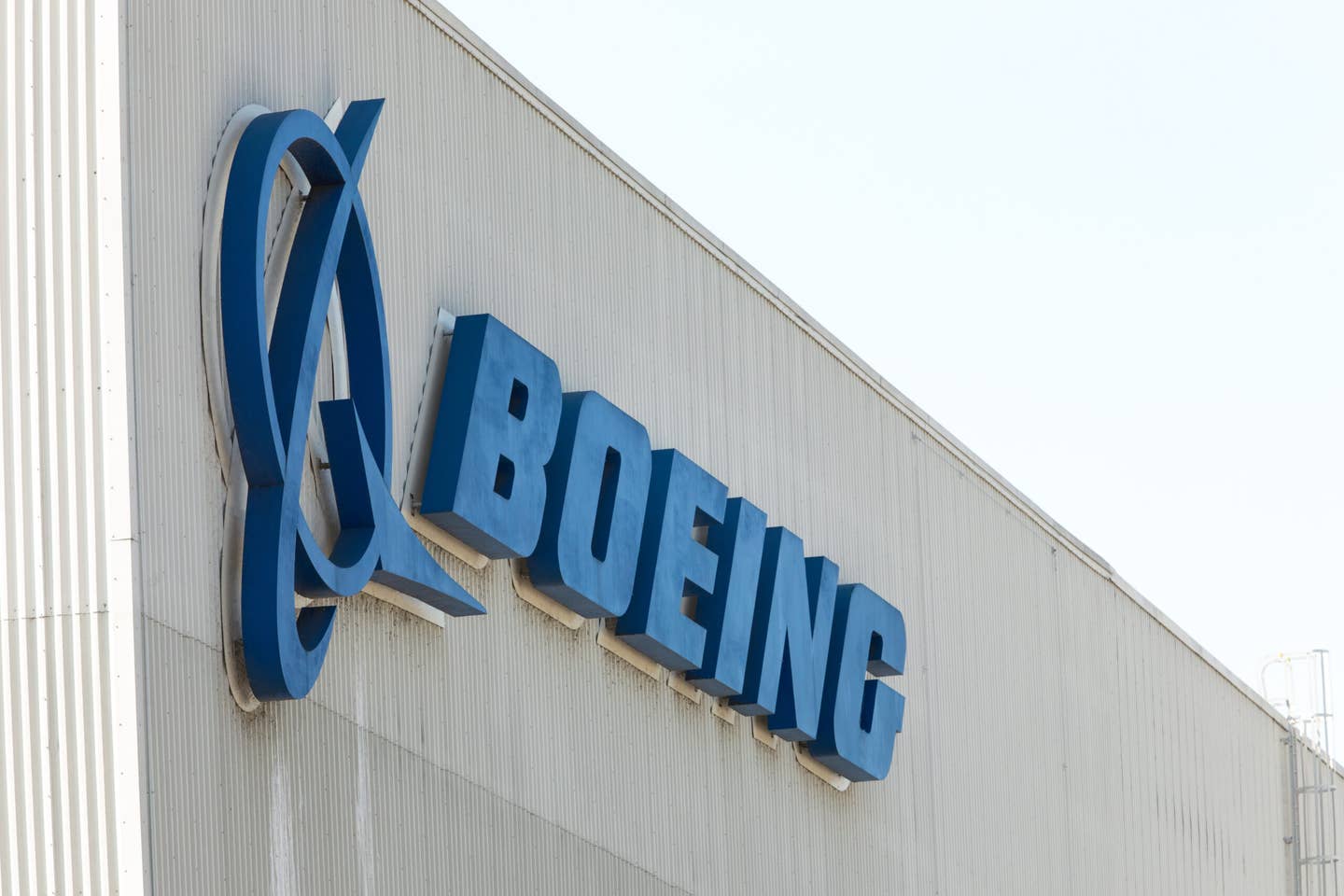Boeing Endures Another Tough Quarter
Mounting losses and delays create big challenges for the company through the first part of 2022.

Boeing CEO Dave Calhoun remains optimistic about his company’s future. [File photo: Shutterstock]
Boeing (NYSE: BA) announced in its first-quarter earnings call Wednesday that it missed earnings expectations on multiple levels. Losses were more significant than expected and the company failed to achieve revenue projections and free cash flow expectations due to lower defense and commercial volumes, though the company said those challenges were partially offset by global services.
For the quarter, the company lost $1.24 billion, twice as much as the company lost during the first quarter of 2021. Revenue also decreased to $13.9 billion, an 8.1 percent year-over-year drop, despite analysts' expectation of $16.02 billion.
Today, we report our first-quarter results.
— The Boeing Company (@Boeing) April 27, 2022
Details here: https://t.co/l2HrFQ04UR pic.twitter.com/muXTDqZCQE
What may have been the most disappointing news for stockholders was the announcement that the company has paused its 777-9 jetliner production until 2025 instead of 2023, the timeframe the company had initially told customers. The company estimates the delay will cost Boeing $1.5 billion in extra costs.
Boeing's president and CEO, Dave Calhoun, remained optimistic about the company's path forward while acknowledging the challenging march it will take to return to normal for the company.
"We increased 737 Max production and deliveries and made important progress on the 787 by submitting our certification plan to the FAA," Calhoun said. "Despite the pressures on our defense and commercial development programs, we remain on track to generate positive cash flow for 2022. We're focused on our performance as we work through certification requirements and mature several key programs to production."
Segment Breakdown
On the commercial side, revenue fell 2.5 percent from the first quarter of 2021 to $4.16 billion, which Boeing attributed to the timing of wide-body deliveries, partially offset by higher 737 deliveries. The company also said that some of its operating margins were affected by abnormal changes caused by the war in Ukraine and higher R&D expenses.
With the 737 Max almost entirely back in service, the company expects to increase production to 31 airplanes per month in the second quarter. Meanwhile, 787 productions have slowed to five per month until deliveries resume. The penalty for this will be abnormal costs of approximately $2 billion, with most being incurred by the end of 2023, including $312 million recorded in Q1.
Boeing delivered 95 commercial airplanes for the quarter and ended with a 4,200 airplane backlog valued at $291 billion.
Compared to the same period last year, its defense, space, and security segment also faced headwinds, recording a 24 percent loss in revenue to $5.5 billion. This was driven by lower volume and charges on fixed-price development programs, including VC-25B and T-7A Red Hawk. The VC-25B program recorded a $660 million charge from higher supplier costs and higher costs to finalize technical requirements and schedule delays.
An additional $367 million in charges were recorded by the T-7A Red Hawk program due to ongoing supplier negotiations impacted by supply chain constraints, COVID-19, and inflationary pressures.
Ending the quarter, the backlog at defense, space, and security was $60 billion, of which 33 percent percent represents orders from customers outside the U.S.
All was not lost, as the global service segment recorded $4.3 billion in first-quarter revenue, a 15 percent jump over last year due to higher commercial volume. The company said it secured a fuel-saving digital solutions contract for Etihad Airways' 787 fleet and was awarded a contract for KC-135 horizontal stabilizers from the U.S. Air Force.
The division also captured a 767 converted freighter order from Air Transport Services Group and announced plans to create additional capacity for 767 converted freighters.
Analysts Question Company Direction
Analysts on the call were perturbed at the company's losses. Ron Epstein of Bank of America asked if it was time for the company to consider restructuring the engineering organization.
"I struggled to think of a program that you guys aren't or haven't taken charge on," Epstein charged. "The vast number of issues you've had, compared to some of your peer companies, both in defense and commercial, it's just the more troublesome for Boeing—what can you do to prevent that for future programs?"
Calhoun rebuffed the charge, saying the company was making progress amid a strict regulatory environment.
"I don't attribute our certification issues and timelines to engineering shortfalls in any way," Calhoun put forward. "Our airplanes are flying incredibly well. Our 777X made it to Dubai, made it to Singapore in a gangbuster show—the discovery process between ourselves and our certification or our regulators around the world—it's got to be thorough, and it's got to be good. So, I don't accept the premise entirely."
The market doesn't appear to share Calhoun's optimism. Pre-trading, shares dropped to a 17-month low and were down 8 percent for the day Wednesday afternoon, trading at $152.

Subscribe to Our Newsletter
Get the latest FLYING stories delivered directly to your inbox






